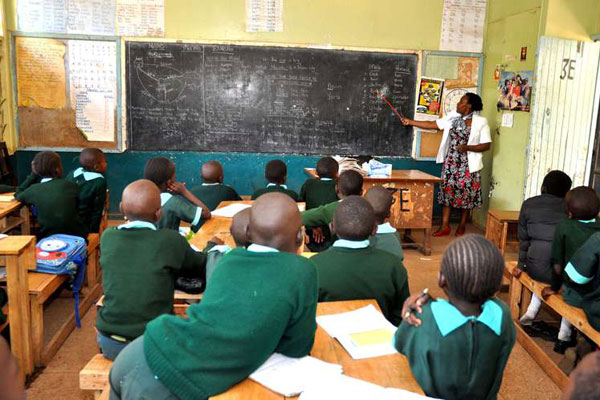In 2003, when the government introduced free primary education, it wasn't just a policy shift - it was a promise. A promise to every Kenyan child, regardless of their background, that they would have the right to learn, to dream, and to rise above poverty through education.
That promise transformed lives. Enrollment in primary schools soared from 5.9 million in 2002 to over 7.6 million by 2004. Classrooms in Kibera, Turkana, Mandera and Mathare were suddenly full, not of desks and books, but of hope. For the first time, education wasn't a luxury, it was a basic right.
Fast-forward to 2025, and that promise is wearing off. Public schools are overcrowded. Textbooks are shared among five or more learners.
Infrastructure is crumbling, teachers are overwhelmed and underpaid, and parents, many of whom are jobless and struggling with inflation, are quietly being asked to chip in. For millions, free education is now just a phrase on paper.
The government's recent admission that it can hardly afford free primary education due to financial constraints is a betrayal of a social construct. It risks undoing the two decades of progress. Education is not just a budget line, it is a foundation of equality, empowerment and national development. It is a benefit to all.
When we stop funding basic education, we widen the gap between the rich and the poor. We kill potential before it's even nurtured.
Yes, Kenya is facing economic challenges, but that is no reason to roll back our commitment to the most vulnerable. Instead of scaling back on education, the government should cut wastage, trim unnecessary expenditures, seal corruption loopholes and reinvest those resources into the classrooms.
It should empower more teachers, build more schools and restore dignity to public education. If Kenya cannot afford to educate its children, then what future are we building? We owe it to the next generation to keep the promise alive.












